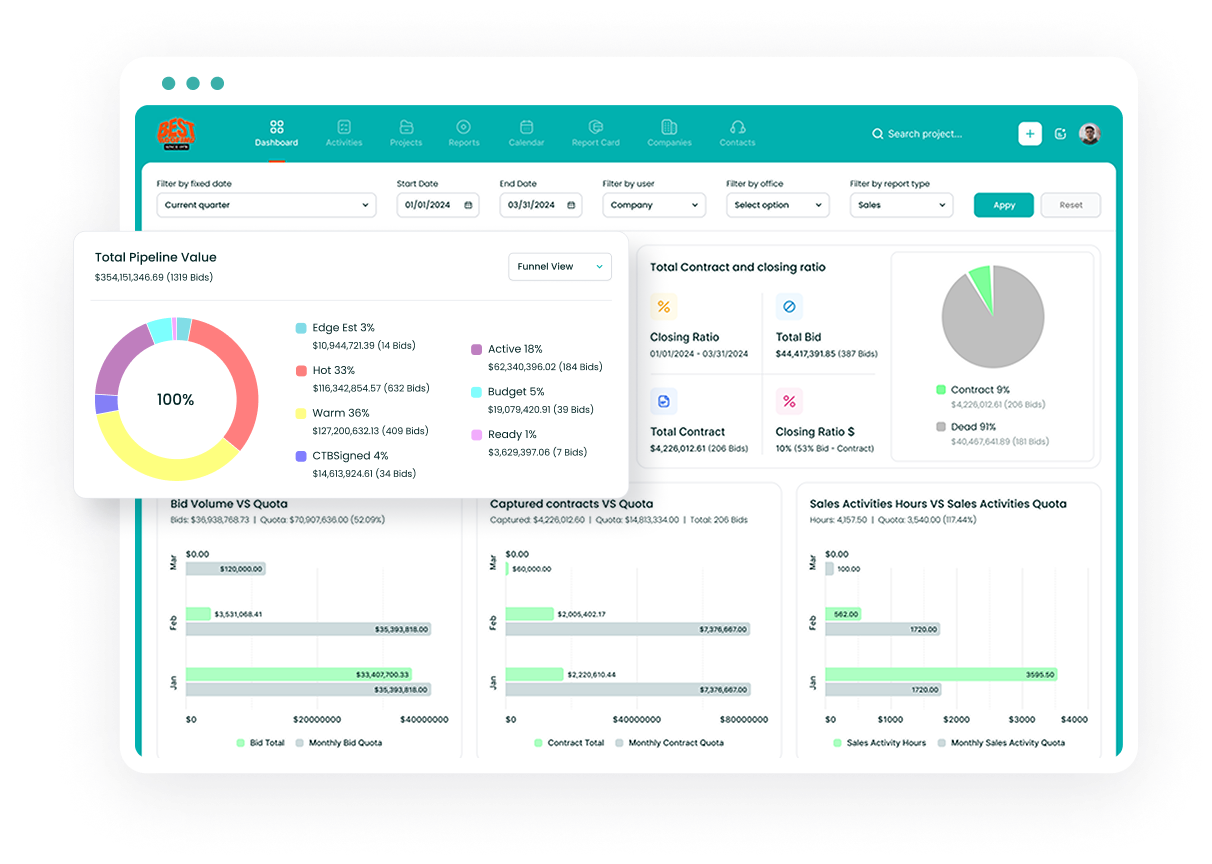Understanding 1099 Forms in Sage 300
Sage 300 supports both Form 1099-NEC for reporting independent contractor income and non-employee compensation, as well as Form 1099-MISC for reporting miscellaneous income. The system has been updated to work seamlessly with these new IRS requirements, providing an efficient way to manage your tax reporting obligations.
Prerequisites and System Requirements
System Updates Before beginning the 1099 printing process, ensure your Sage 300 system is properly configured:
- Install the latest product update for your Sage 300 version • Verify you have appropriate user permissions • Ensure your vendor information is up-to-date
Setting Up 1099 Codes
Configure 1099 Settings Navigate to AP Setup and access the 1099/CPRS Codes section to configure your settings:
- Enter your current 1099 code
- Complete the Tax Reporting Type field
- Fill in the Amount Type field
Form Selection When selecting the form type, remember:
- For tax year 2020 and later, use Form 1099-NEC for non-employee compensation • Form 1099-MISC remains available for other types of miscellaneous income
Printing Process Using Aatrix
Starting with Sage 300 version 2022 product update 4, the printing and eFiling process is handled through Aatrix. This integration provides a streamlined approach to both printing and electronic filing.
Accessing the Print Function
- Navigate to Accounts Payable
- Select A/P Vendor Reports
- Choose Print 1099/1096 Forms
Form Type Configuration
Setting Up Form Parameters When configuring your forms:
- Select the appropriate tax year • Choose the correct form type (1099-NEC or 1099-MISC) • Verify the Use Form field updates automatically based on your selection
Important Considerations
Tax Year Validation The system includes built-in validation to prevent errors:
- Form 1099-NEC is only valid for tax year 2020 and later • The system will display an error message if you attempt to select an invalid form type for a specific tax year
Electronic Filing Options
E-Filing Process For electronic submission:
- Access AP Periodic Processing
- Select 1099 Electronic Filing
- Generate the required file
- Upload the file to the IRS using your FIRE account
Reviewing and Adjusting 1099 Data
Data Verification Before finalizing your 1099 forms:
- Review vendor information for accuracy • Verify payment amounts • Check 1099 codes and classifications • Make necessary adjustments to vendor records if discrepancies are found
Aatrix Integration Features
Understanding Aatrix Services When using Aatrix for 1099 processing:
- Form printing remains free of charge • E-filing services incur additional fees through Aatrix • The system provides integrated validation and error checking
Best Practices for 1099 Processing
Preparation Steps To ensure smooth processing:
- Maintain accurate vendor records throughout the year • Regularly verify 1099 codes and amounts • Keep system updates current • Test print forms before final processing
Troubleshooting Common Issues
Resolution Steps If you encounter problems:
- Verify system requirements are met • Ensure all prerequisites are completed • Check for any pending system updates • Validate vendor information accuracy
Year-End Processing Considerations
Timeline Management For efficient year-end processing:
- Begin preparation well before deadlines • Review vendor information early • Test print forms in advance • Schedule electronic filing with adequate lead time
Security and Compliance
Data Protection Ensure compliance by:
- Maintaining secure access controls • Following IRS guidelines for data retention • Protecting sensitive vendor information • Documenting all 1099-related processes
Maintaining Records
Documentation Requirements Keep detailed records of:
- Printed and filed 1099 forms • Vendor communications • System configurations • Filing confirmations
Advanced Features
Additional Capabilities Utilize advanced features such as:
- Batch processing for multiple vendors • Custom form mapping • Electronic submission tracking • Automated validation checks
Future Considerations
System Updates Stay prepared for:
- Regular system updates • Changes in IRS requirements • New form types and regulations • Enhanced electronic filing capabilities
By following these comprehensive guidelines, you can efficiently manage your 1099 printing and filing processes in Sage 300. Remember to stay current with system updates and IRS requirements to ensure continued compliance and smooth operations.
Sources: [1] https://www.equationtech.us/sage-accpac-blog/sage-300-new-1099-forms [2] https://www.digitopia.agency/blog/blog-formatting-bullet-points-spacing-bold-text-etc [3] https://www.youtube.com/watch?v=VXHqfy2H8HY [4] https://the-seo-club.com/whats-the-best-blog-post-format/ [5] https://help.sage300.com/en-us/2023/classic/Subsystems/AP/Content/Reports/Printing/Vendors/Printing1099s.htm [6] https://www.marketingexamined.com/blog/the-ultimate-guide-to-blog-post-formatting [7] https://us-kb.sage.com/portal/app/portlets/results/view2.jsp?k2dockey=222924750023090 [8] https://skylarkvirtualservices.com/best-practices-for-formatting-long-blogs/ [9] https://www.youtube.com/watch?v=zAbJFr6-iDg [10] https://getacopywriter.com/blog/blog-posts [11] https://communityhub.sage.com/us/sage300/b/sage_300_erp_supporthub/posts/printing-and-efiling-of-1099-forms-now-goes-through-aatrix [12] https://www.theblogsmith.com/content-style-guide/ [13] https://seowind.io/how-long-does-it-take-to-write-a-blog-post/

